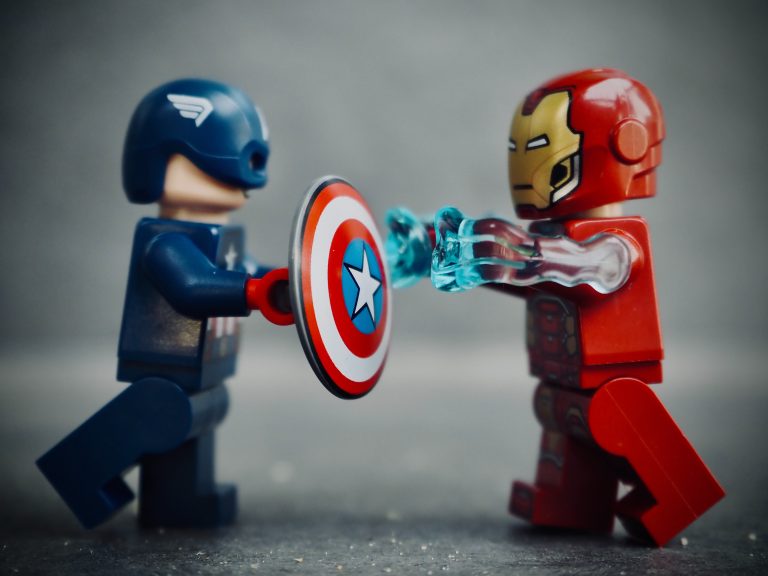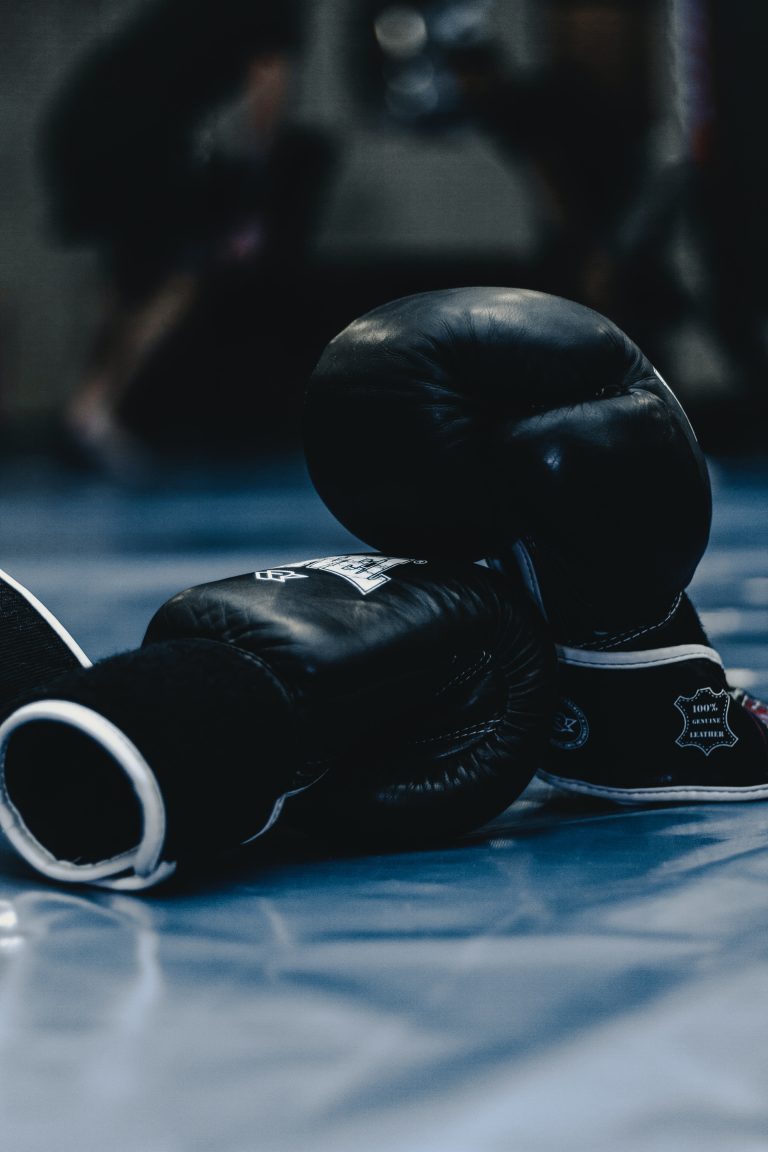Why Karate is Useless: Reasons Behind the Myth
Martial arts have been existing for thousands of years, and people consider them as a form of self-defense and a tool for personal development. Among them, karate is one of the most popular martial arts that originated in Okinawa, Japan. Karate has been widely practiced across the globe over the years, attracting people from all walks of life. While many consider it a beneficial practice, some individuals claim that karate is useless.
So why do some people say that karate is useless, and are their claims true? In this article, we will explore the reasons behind the myth that karate is useless and analyze whether these claims hold any truth.
The Misconceptions About Karate
One of the reasons why some people claim that karate is useless is due to common misconceptions about the practice. For example, individuals who only have a small amount of information about karate often think that it’s all about fighting and aggression. Many people also confuse karate with other martial arts, such as kickboxing or kung fu.
However, these misconceptions are baseless. Karate is not solely about fighting, and it’s not an aggressive form of martial arts. Instead, karate focuses on building physical and mental strength, discipline, and self-defense techniques. Karate students are taught how to resolve conflicts without violence and use their knowledge as a last resort when necessary.
The Lack of Proper Training
Another reason why some people claim that karate is useless is due to the lack of proper training. Karate is a complex martial art that requires time, dedication, and discipline to learn. However, many people who practice karate fail to put in the necessary effort to master the art fully. They may attend classes irregularly, focus too much on the physical aspect of karate rather than the mental aspect, or try to learn on their own without the help of a trained instructor.
Consequently, improper training results in poor performance, which leads to frustration and disappointment. Students who do not dedicate enough time and effort to their karate training may not progress as far as they hoped to, leading them to believe that karate is useless.
The Failure to Adapt to Modern Times
Karate is an ancient art that was developed in a time when physical combat was a common occurrence. Over the years, however, the world has changed, and the need for karate as a form of self-defense has decreased. Nevertheless, some karate schools have failed to adapt to the modern times and still teach traditional techniques and philosophies.
While keeping tradition alive is essential, failing to adapt to the changing world can limit the effectiveness of karate as a self-defense practice. A student who learns traditional techniques of karate may not be prepared to defend themselves in contemporary situations, such as a real-life street fight or an attack by multiple opponents.
The Importance of Proper Perspective
Lastly, the reason why some individuals claim that karate is useless may be due to their perspective towards the art. The perspective that one holds towards an activity affects the way they approach and experience it. For instance, if someone thinks that karate is only about breaking boards and sparring, they may miss out on the mental and spiritual development that karate offers.
Karate is not only about learning techniques to defend oneself, but it’s also an art that teaches an individual to achieve harmony between mind and body. It instills values such as respect, perseverance, and humility, making it an effective tool for personal and character development.
Why Is Karate Useless – Answering the Most Frequent Asked Questions
Karate is one of the most popular martial arts form globally, with millions of practitioners worldwide. However, some people question its usefulness, effectiveness, and even the legitimacy of karate as a martial art. In this blog post, we will answer some of the most frequently asked questions about why karate is useless.
What Exactly is Karate?
Karate is a traditional Japanese martial art that focuses on self-defense and combat techniques. Unlike other martial arts, karate emphasizes strikes, punches, kicks, and blocking with power, speed, and accuracy. Karate is an excellent form of exercise that improves strength, flexibility, and coordination, making it a great choice for maintaining physical fitness.
Why Is Karate Considered Useless?
One of the common misconceptions about karate is that it is ineffective for self-defense purposes. Critics often argue that the complex techniques learned in karate classes are not useful in real-life combat situations. They also argue that the traditional martial art doesn’t teach useful and practical self-defense skills such as grappling or ground fighting.
Is Karate Useful for Self Defense?
Yes, karate is useful for self-defense, but it depends on various factors such as the practitioner’s skill level, training, and application. In self-defense situations, the goal is to protect oneself from harm, and in such circumstances, karate techniques can be effective. The key is to learn and practice practical self-defense techniques and strategies that can work in real-life situations.
Is Karate Effective in a Street Fight?
Karate techniques and strategies can be useful in a street fight, but again, it depends on various factors. The effectiveness of karate techniques in a street fight highly relies on the practitioner’s ability to apply the techniques under stress and pressure. It also depends on the opponents‘ size, strength, and martial arts experience. In any combat situation, there are various variables that can influence the outcome.
Is Karate Only for Children?
No, karate is not only for children. Although many karate schools have children as their primary demographic, adults can also benefit from karate training. Karate is a great choice for adults who want to improve their fitness, athleticism, and overall health. Moreover, karate can also help build self-confidence, improve discipline, and reduce stress levels.
Does Karate Have Any Sporting Benefits?
Yes, karate has several sporting benefits. Karate is an Olympic sport that has been included since the 2020 Tokyo Olympics. In recent years, there has been a surge in karate tournaments and championships that attract practitioners from all over the world. Participating in karate competitions can help students test their skills, gain experience, and measure their progress.
Final Thoughts
In conclusion, karate is a martial art that has many benefits and applications. Whether it’s for self-defense, fitness, or competition, karate can be an effective way to achieve one’s personal goals. However, it is crucial to recognize that karate skills take years of practice, dedication, and discipline to master. As such, it requires a lot of patience, hard work, and sacrifice to become proficient in karate.
Why is Karate Useless?
Introduction
Karate is a traditional martial art form that originates from Japan. It has become popular all over the world and is practiced by many people as a form of self-defense, physical fitness, and mental discipline. However, there is a growing belief that karate is not as effective as it is often marketed to be. In this blog post, we will take a look at some of the reasons why karate may be considered useless as a form of self-defense.
Reason 1: Lack of Real-World Applications
One of the main criticisms of karate is that it lacks real-world applications. Many of the techniques taught in karate classes are designed for controlled environments such as tournaments, where participants willingly follow rules and regulations. In a real-life self-defense scenario, the rules are different, and the attacker may not be following any rules.
This lack of real-world application can create a false sense of security in the practitioner, leading them to believe that they are better prepared than they actually are.
Reason 2: Limited Effectiveness in Real-Life Situations
Another criticism of karate is that it may not be effective in real-life situations. Karate techniques often involve strikes and kicks, which may not be practical in close-quarters or grappling situations. Additionally, many karate techniques require a significant amount of athleticism and physical conditioning, which may not be realistic for people who do not have much experience or training.
In situations involving multiple attackers, karate may not be effective, as the practitioner may not be able to defend himself or herself against multiple attackers at once.
Reason 3: Overemphasis on Forms and Kata
Many karate classes place a heavy emphasis on forms and kata, which are prearranged sequences of movements. While these forms may help with balance, coordination, and concentration, they may not be practical in real-life situations.
Forms and kata may also create a false sense of skill, as practitioners may be able to perform complex moves in a controlled environment but may not be able to apply those moves in a real-life self-defense scenario.
Conclusion
While karate can be useful as a form of exercise and mental discipline, it may not be as effective as a form of self-defense. The lack of real-world application, limited effectiveness in real-life situations, and overemphasis on forms and kata are all reasons why karate may be considered useless in certain contexts.
However, it is important to note that there are many variations and styles of karate, and some may be more effective than others. It is also important to remember that self-defense is not just about physical techniques but also about situational awareness, communication skills, and other factors.
Inhaltsverzeichnis





